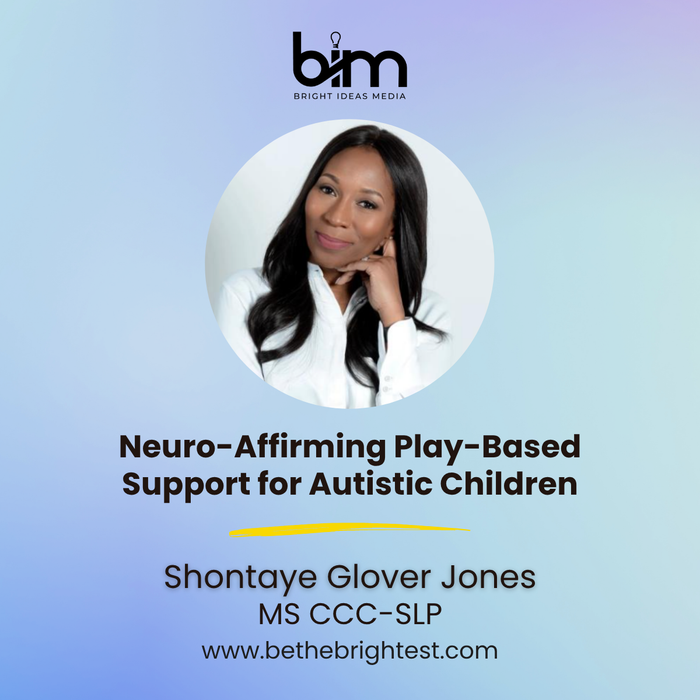Neuro-Affirming Play-Based Support for Autistic Children
Moving away from traditional models that prioritize normalization, this session empowers SLPs to embrace and celebrate the unique ways autistic children engage with play. Participants will explore current research, practical strategies, and real-world examples that respect sensory needs, communication preferences, and play styles.
Explore Course